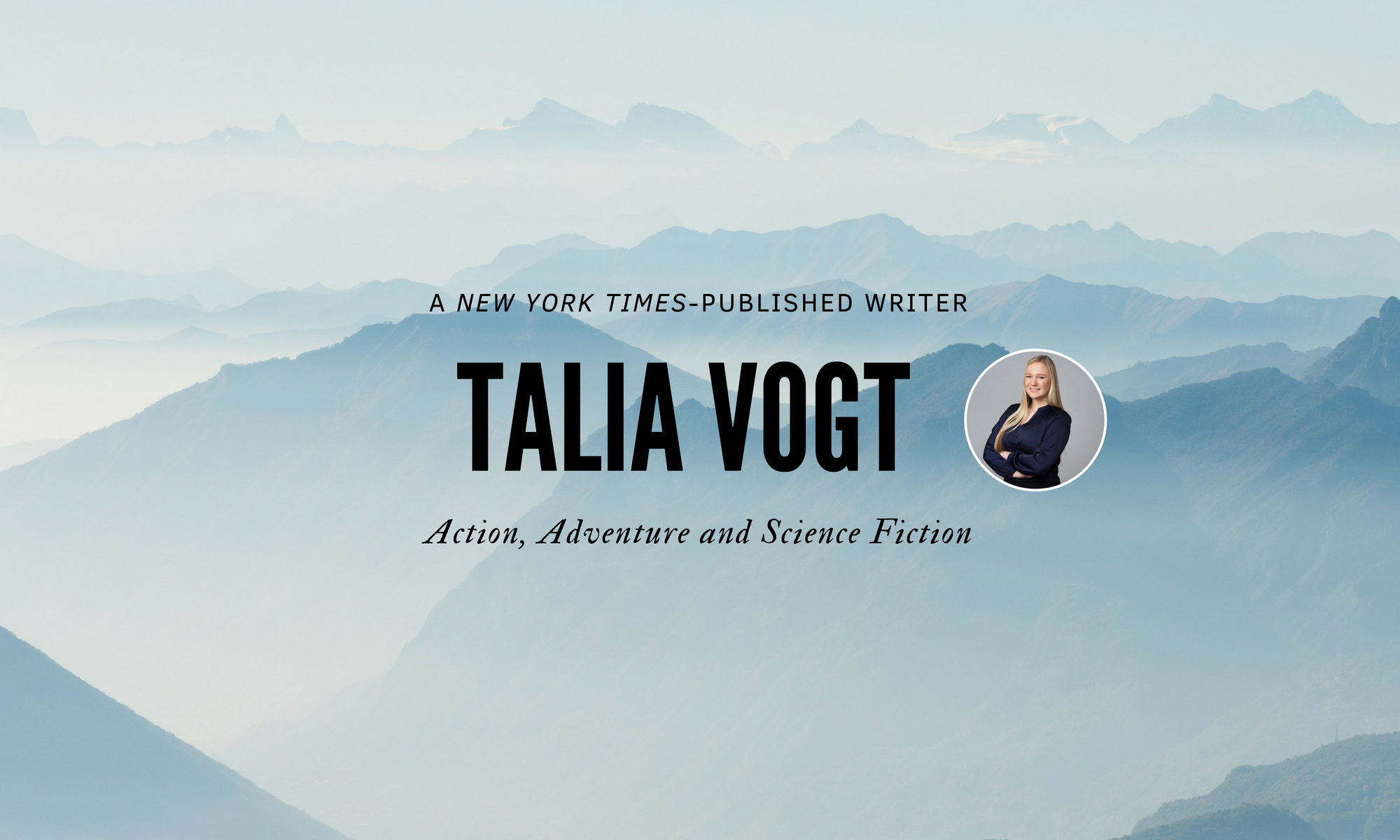
Talia is a 23-year-old writer living in Toronto, Canada. She currently works at TD Bank as a Senior Design Researcher with the DCX Research Team, researching emerging technologies and next-generation human-computer interaction. She is also a regional administrator of the Girls Across the Grid organization.
In September 2022, Talia completed her Master of Arts in Sociocultural Anthropology at the University of Toronto, specializing in social media, fascism, and white supremacy. Her final research investigated the online mobilization of the “Freedom Convoy” in Canada in the spring of 2022, arguing that the formation the convoy was both affectively and discursively structured by settler colonialism. Her studies built on an undergraduate degree in History and Sociocultural Anthropology with a minor in Semiotics, which she completed in June 2021 as a University of Toronto National Scholar. During her bachelor’s, her work focused on the history of colonialism in the Americas and the anthropology of inequality, particularly white supremacy and patriarchy. Her work was also published in the Anthropology Undergraduate Journal.
Born and raised in Ottawa, she attempted to write her first novel at the age of eight. At the age of fourteen, she was published in the New York Times. Finally, at sixteen, after hundreds of thousands of words and countless story attempts, she succeeded in completing her first manuscript. Three rewrites later, she now seeks to become published traditionally and achieve her dream of professional authorship, and has already undertaken the writing of her second novel.
In addition to writing, she enjoys reading, playing tennis, cycling, watching Formula One, spending time in nature, and scrolling aimlessly through Twitter (until the politics get the best of her). Some of her favourite books include Station Eleven by Emily St. John Mandel, Everything I Never Told You by Celeste Ng, and the A Song of Ice and Fire series by George R. R. Martin.
She has an ultimate fascination with people and the cultural evolution of thought, examining the roots of how and why individuals think the way they do–especially with regards to social inequality. Her writing seeks to explore this to its maximum potential: drawing upon the ethnographic imagination, her works seek to infuse fiction with academia, taking inspiration from the histories she has studied and imbuing her stories with anthropological theories to make critiques of systems of power. Whether exploring magic as a metaphor for queerness in fantasy or interrogating white supremacy’s role in the climate crisis through science fiction, her works are fundamentally political, using storytelling not just to censure but to generate hope.
A quotation she lives by:
You can’t just be talented. You have to be terribly smart and energetic and ruthless… Don’t just show up. Transform the work, yourself, and everybody around you. Be needed. Be interesting. Be something no one else can be—and consistently.
Katharine Hepburn
